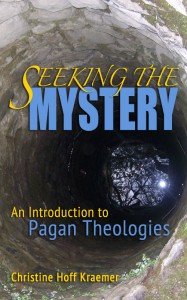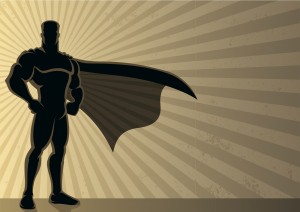
Over at True Free Thinker, Ken Ammi digs deep into the 2007 text Our Gods Wear Spandex by Christopher Knowles. In addition to placing it in context to several other notable works of the time, Ammi supports Knowles’s contention of occult symbology embedded in the superhero genre, particularly that of pre-Christian paganism:
Although most of us don’t realize it, there’s simply nothing new about devotion to superheroes. Their powers, costumes, and sometimes even their names are plucked straight from the pre-Christian religions of antiquity. When you go back and look at these heroes in their original incarnations, you can’t help but be struck by how blatant their symbolism is and how strongly they reflect the belief systems of the pagan age…
Ammi goes into a example-by-example analysis of such heroes as Captain Marvel, Zatara and Zatanna, Doctor Fate, Superman, the Flash, the X-Men, and many more. His examination of Captain America in particular may take on new relevance during the controversial “Secret Empire” storyline currently underway.
Our Gods Wear Spandex is available at Amazon.com.


